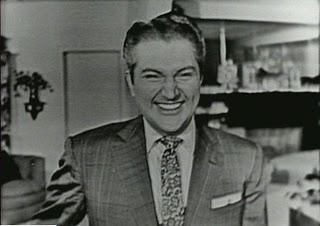Former GWB State Dept Legal Advisor Decries Waterboarding as Torture

William Taft IV, Chief Legal Adviser to the State Department
in the Bush Administration, and, incidentally, great-grandson of
President William Howard Taft
in the Bush Administration, and, incidentally, great-grandson of
President William Howard Taft
As George W. Bush admitted to the world unabashedly that he had signed off on waterboarding suspected high-value Al Qaeda operatives, adding that he'd do it again, William Taft IV, former Chief Legal Adviser to the State Department under Colin Powell, spoke frankly on the subject of waterboarding and torture last Friday on BBC 4's afternoon radio program, "The World at One", condemning it unequivocally:
I think it was most unfortunate, both in terms of the reputation of the United States for adhering to the Geneva Conventions, which it had always done and been a strong supporter of them. It put our soldiers at risk of not being treated consistent with them, and it was a breach of our responsibilities to the individual terrorists who, dreadful as they may be, are human beings and should be treated humanely.Thank you to Harry Shearer for the audio clip aired on his radio program Le Show, Sunday, November 14, 2010.
Waterboarding to my mind is pretty clearly torture. In fact, the United States prosecuted people in the Second World War in the Japanese military for using waterboarding and there really had been precedent for determining that it is torture. The technique was wrong, there’s no question about that.
The Convention on Torture was negotiated very carefully, and the conclusion that was reached by the parties to the convention, which include, obviously, the United Kingdom and the United States, was that there is no valid exercise of torture, use of torture, under any circumstances whatsoever, and the Convention couldn’t be clearer that we have made that decision in signing up to the Convention against Torture, that we will not do this, and there is absolutely no room there, or daylight, for saying, “Well, it’s very important,” or, “It’s a different situation than we anticipated.”


Comments